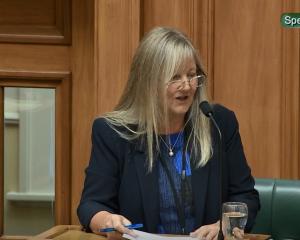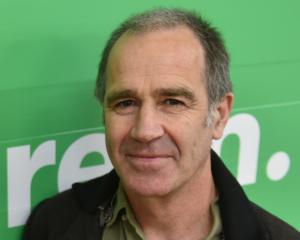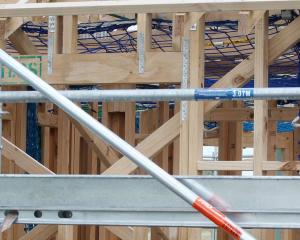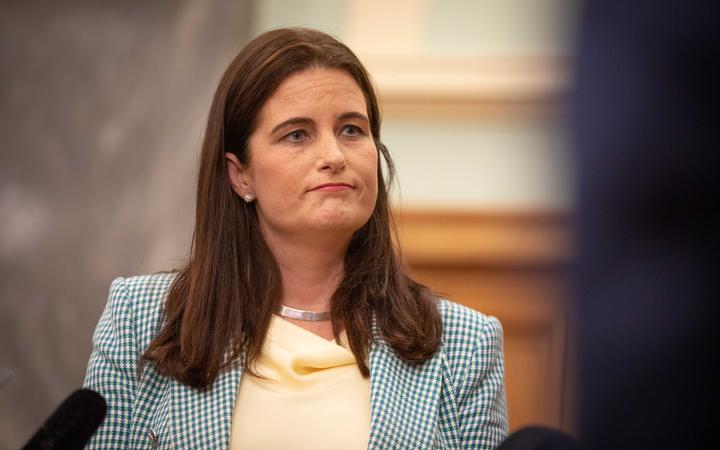
The Prime Minister has hit back strongly, saying while they are concerned about how it affects Kiwi families the OCR, after "record lows", was closer to where it was in 2017.
On food prices, the Government said it was an issue "nearly every country is facing" with Covid-related supply chain issues and the ongoing war in Ukraine, and reinforced the need to rein in "super profits of the supermarket duopoly".
The Reserve Bank today lifted the OCR by 50 basis points to 1.5 percent, the first double - 50bps - hike since May 2000.
That could see one to two-year fixed mortgage rates topping six percent in the coming months, according to property sector research company CoreLogic.
In the same day Statistics NZ reported food prices were 7.6 percent higher in March 2022 compared with March 2021.
Fruit and vegetable prices were up 18 percent in that same period
This was the largest increase since the year ended July 2011 when prices increased 7.9 per cent (although that year was influenced by a GST increase from 12.5 percent to 15 percent).
National's finance spokeswoman Nicola Willis said interest rates were rising because of "Labour's economic mismanagement" and record spending.
"New Zealand is in the middle of the worst cost-of-living crisis in a generation. Kiwis deserve better."
National Party leader Christopher Luxon said it was difficult to blame all of an 18 percent rise in fresh produce and 7.7pc food price overall on the war in Ukraine.
"There is a lot the Government can do rather than letting the interest rate do the heavy lifting."
Luxon said it was about "half and half" domestic and external factors, and the Government needed to "be smart and rein in spending".
Ardern said the OCR rate was back to less than in 2017: "It has been historically low."
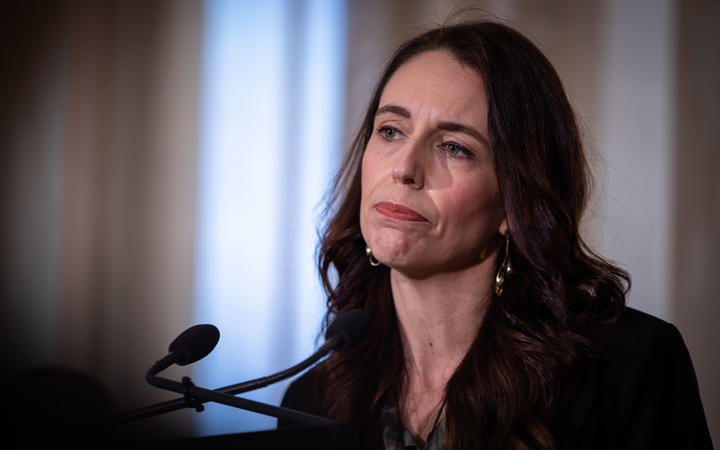
Commerce and Consumer Affairs Minister David Clark said the increase in food costs was above general inflation figures and highlighted the role the grocery sector is playing in driving up prices.
"Rising food prices is a global issue. Omicron, ongoing disruptions to global supply chains and Russia's invasion of Ukraine is putting pressure on prices in every country, but that is exacerbated here by the lack of competition at the checkout. And that is something we can act on."
The Commerce Commission's grocery market study found the average return of the major grocery retailers at over 12 percent was more than double the rate of normal return for grocery retailing in New Zealand of 5.5 percent.
The Government would announce actions to rein in the sector and bring prices down next month, Clark said.
Green Party finance spokeswoman Chlöe Swarbrick said the issues were not felt equally and could be addressed "immediately" through rent controls and a guaranteed minimum income for all.
"While the big end of town has seen an estimated $1 trillion wealth transfer with the political decisions made these last two years, those who spend the majority of their incomes on essentials have continued to face extortionately disproportionate pressure to survive.
"An immediate rent freeze followed by permanent and meaningful rent controls is essential for helping people to make ends meet."
Commerce and consumer affairs spokesman Ricardo Menéndez March said on the food costs benefits needed to be raised to liveable levels and the supermarket duopoly broken up.
Act Party leader David Seymour said rising mortgage rates would be the "direct response of the Government's costly Covid response".
On food price increases, Seymour said again it was due to "wasteful spending" driving up inflation.








